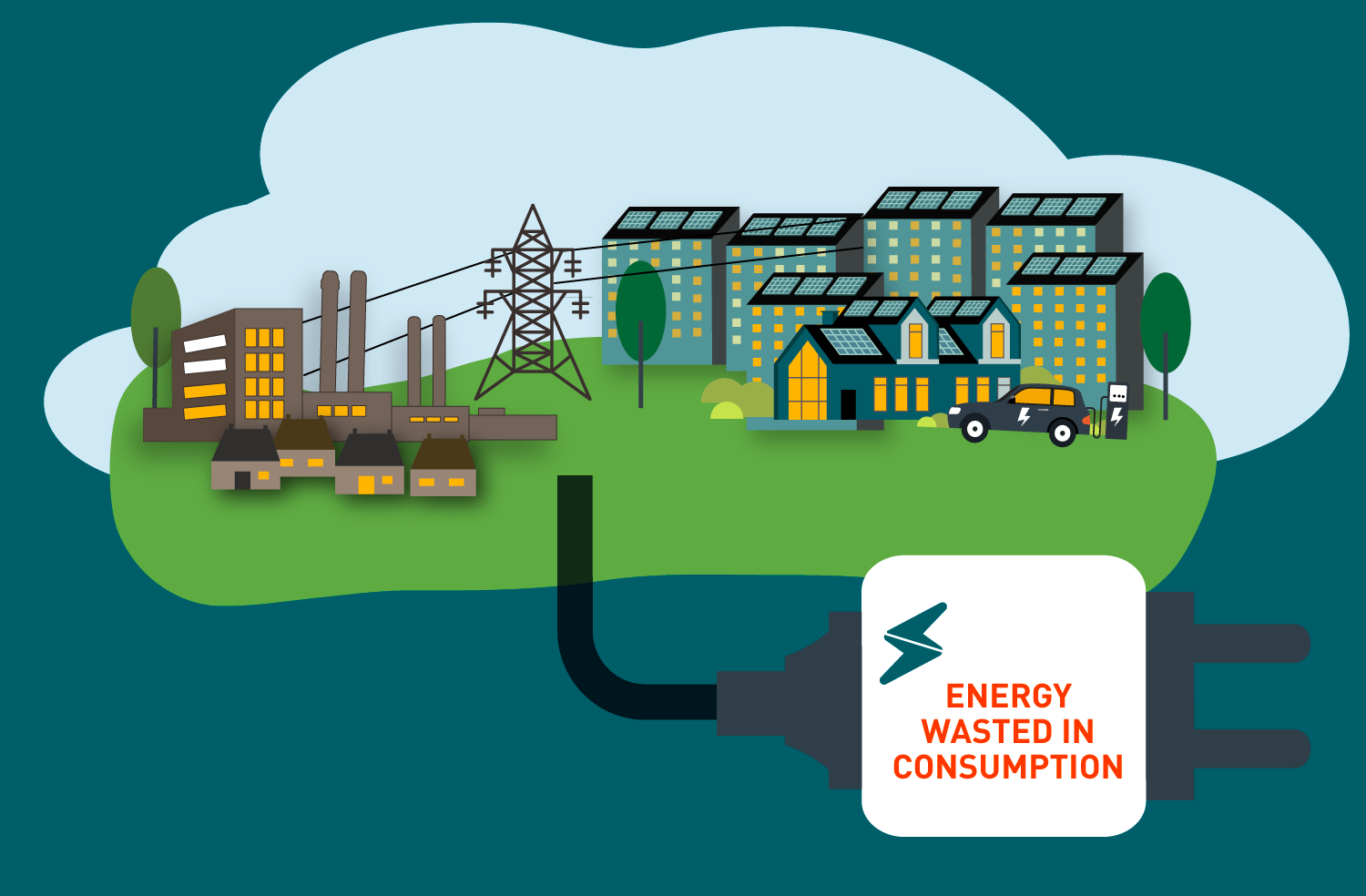How Much Energy is Wasted during Consumption?
Energy Wastage — Part 3
There are barriers to efficient energy consumption and lowering energy costs whether it is industrial, commercial or in the household. At the industrial and commercial level, sometimes machine operating times and employee shifts can be adjusted as per on-peak times to reduce costs, but it is not always possible to plan around these hours of high energy demand and prices. The only alternative is to obtain electricity during on-peak hours from less expensive sources. combined heat and power (CHP) and cogeneration are methods to reduce energy wastage and drive down costs too.
“A typical household wastes 30 percent more energy than an energy-efficient household; this translates to much lower electricity bills for the latter.”
All buildings, including households, can benefit from measures such as insulation, daylighting, smart IOT-and sensor-based energy controls, proper maintenance of the heating, ventilation, and air conditioning (HVAC) system, compressors and motors, and building decommissioning. A typical household wastes 30 percent more energy than an energy-efficient household; this translates to much lower electricity bills for the latter. While energy costs can be driven down using these methods, producing your own power for self-consumption plays the most significant role in this endeavor. Do you agree?
“There is no incentive for buildings and households generating their own energy to consume less of it.”
At a personal level, it is common to not be constantly aware of how much energy an individual is wasting. This also holds true when one is producing their own energy. Considering the inability of the grid to buy any excess power left over after self-consumption, there is no incentive for buildings and households generating their own energy to consume less of it, as the leftover would be wasted anyway. However, if this generation could be sold, if not to the grid then to the community and nearby households, do you think it would serve as a monetary incentive to not only become more energy-efficient, but to enable others to incorporate more clean energy into their daily consumption?

